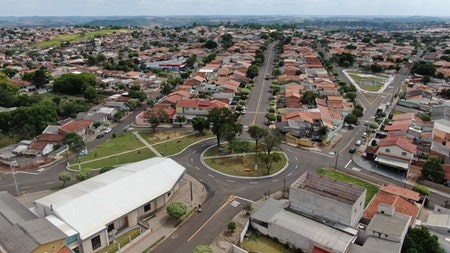Ongoing inflationary pressure is creating what looks like a protracted increasing interest rate cycle. In the past, whenever interest rates have increased over an extended period, the demand for residential rental properties has grown in response. This is because so many potential first-time property buyers decide to hold back on their home ownership dreams as they are concerned about not being able to afford the monthly repayments on a bond.
Product Head at FNB Commercial Property Finance, Makhosini Ndlovu says the current upward interest rate cycle is proving to be following the same path, with evidence of a recovery in demand for rental properties across South Africa.
“The Covid-19 pandemic dealt the rental market a heavy blow in 2020 and 2021,” says Ndlovu. “Many landlords were obliged to keep rentals steady or even lower them over the past two years because of the income pressures on tenants. At the same time, many people who were previously content to be tenants became first-time homeowners, taking advantage of the series of reductions in the interest rates as the government took steps to cushion the economic fallout of the pandemic.”
Recovery
Ndlovu does however say that the demand for rental properties recovered during the first half of 2022 as interest rates started rising, placing landlords in a more favourable position.
He predicts that the demand for rentals will continue growing into 2023, especially in the rent affordability ‘sweet spot’. This varies from province to province but ranges between R6 000 and R12 000 a month.
“We are confident that this growth in demand will be equally evident in all parts of the country, thanks to a large extent to the shift towards work from home and hybrid work arrangements,” says Ndlovu.
“The full-scale work-from-home workplace culture that was the norm during the lockdowns has partially let up since society has started returning to normal. However, there has been a significant move towards remote working arrangements. This has resulted in a more even spread of rental demand across the country. It applies even in the smaller towns that were previously not attractive to long-term tenants.”
As a result of these changes, Ndlovu says FNB has noted a significant increase in demand for rental properties outside of major city centres, particularly in coastal towns. However, he emphasises that demand is not only increasing in small towns that were historically mainly holiday destinations. There are pockets of rising demand in the cities being driven mainly by younger tenants.
“As more young people enter the workspace, it’s likely that a more vibrant and sustainable residential property market will continue to emerge. Much of the demand by younger tenants are for smaller, affordable properties that meet their lifestyle aspirations,” says Ndlovu.
Rental stock
Ndlovu says the supply of rental stock is, currently largely sufficient to meet the gradually growing demand.
“The impact of increasing interest rates is still filtering through to consumer budgets, but that may change in the near future,” he says.
“We expect demand to gradually outstrip supply in the coming months, which presents a real opportunity for residential property investors and developers.”
In fact, Ndlovu says that FNB Commercial Property is so bullish on rental stock that it recently became the first bank in the country to introduce a 15-years loan term, which is helping to create new opportunities to grow participation in the rental property sector.
“It is relatively easy for someone who starts out using a retail home loan to finance a single buy-to-rent property to quickly expand their rental property portfolio and then seamlessly progress to a partnership with the bank to become a property investor or developer,” he says.
“The current shift in supply and demand in the residential property sector is making it increasingly viable for more individuals to become investment property owners.”
Writer : Sarah-Jane Meyer




